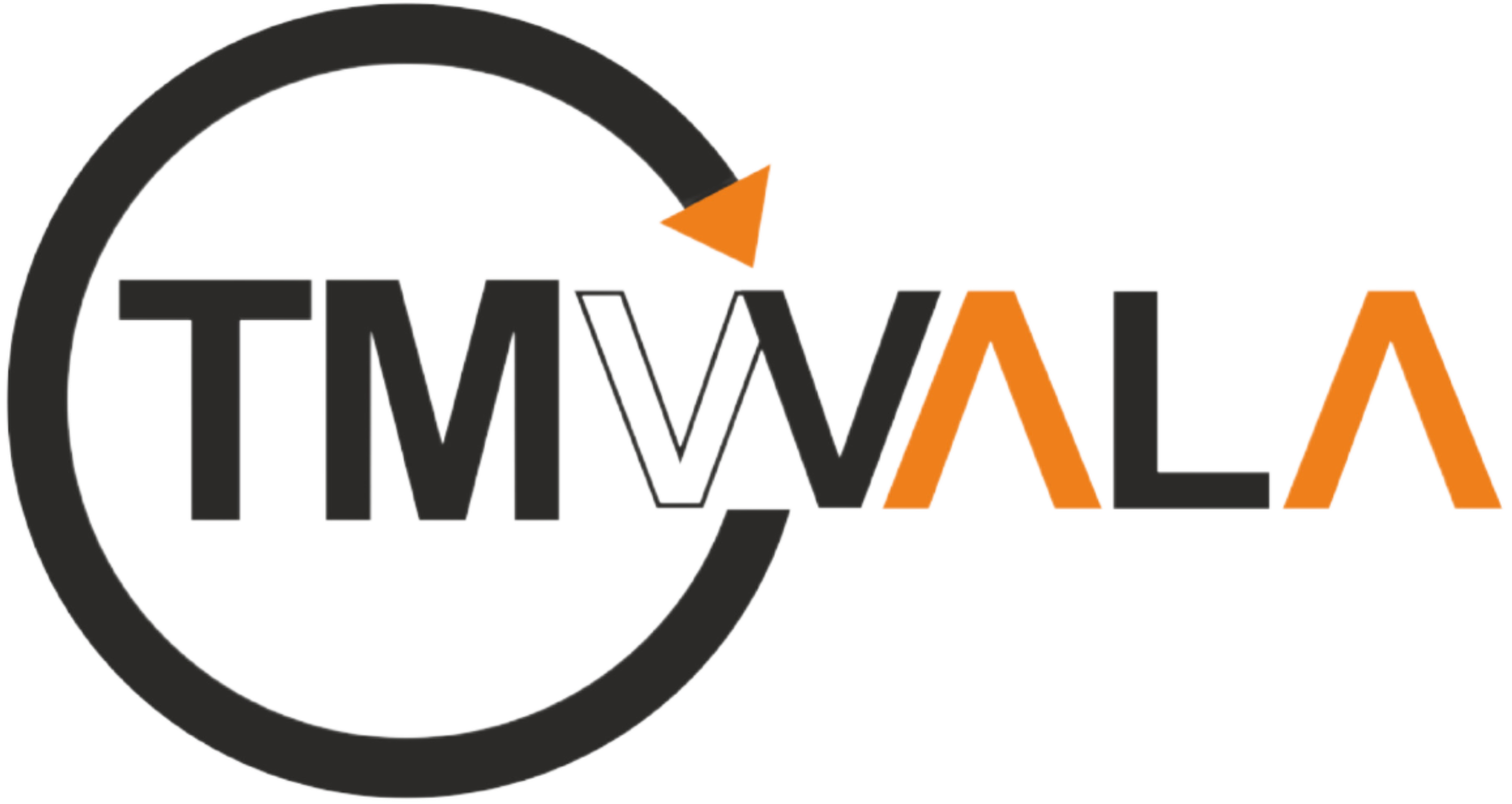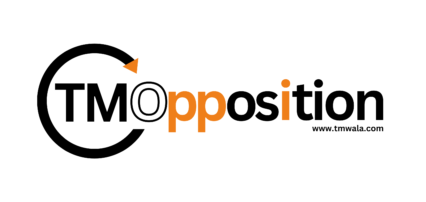Trademark opposition is a critical aspect of trademark law in India, providing a mechanism for third parties to challenge the registration of a trademark that they believe may infringe on their rights or cause confusion in the marketplace. We aim to provide a detailed understanding of the trademark opposition process in India, including relevant sections of the Trade Marks Act, 1999, and practical insights into each stage of the process.
What is Trademark Opposition?
Trademark opposition is a legal process that allows third parties to contest the registration of a trademark after it has been published in the Trademark Journal but before it has been officially registered. This process ensures that the interests of existing trademark owners and the public are safeguarded against the registration of potentially conflicting or deceptive trademarks.
Grounds for Trademark Opposition
There are several grounds on which a trademark can be opposed in India. These can be broadly categorized into absolute grounds and relative grounds.
Absolute Grounds
- Deceptive Marks (Section 9): Marks that are likely to deceive or cause confusion among the public.
- Descriptive Marks (Section 9): Marks merely describe the goods or services.
- Non-distinctive Marks (Section 9): Marks that lack distinctive character.
- Marks Contrary to Law or Morality (Section 9): Marks against the law or considered immoral or scandalous.
Relative Grounds
- Similarity to Existing Marks (Section 11): Marks that are identical or similar to an existing registered trademark, leading to potential confusion.
- Well-Known Trademarks (Section 11): Marks that are likely to damage the reputation of a well-known trademark.
- Passing Off (Section 11): Marks that may lead to passing off, where the new mark is likely to be confused with an existing brand.
The Trademark Opposition Process
The trademark opposition process in India involves several stages, each with specific requirements and deadlines. Below is a step-by-step guide to the process.
Step 1: Publication in the Trademark Journal
Once a trademark application is filed and examined, it is published in the Trademark Journal if it is found to be in order. The publication serves as a public notice, inviting opposition from third parties.
Step 2: Filing a Notice of Opposition
Any person who believes that the registration of the published trademark would be detrimental to their interests can file a notice of opposition within four months from the date of publication in the Trademark Journal. The notice of opposition must be filed on Form TM-O and should include the following details:
• The grounds for opposition.
• The particulars of the opposing party.
• A statement of facts supporting the opposition.
Step 3: Service of Notice and Counter-Statement
Upon receiving the notice of opposition, the Registrar of Trademarks serves a copy to the applicant of the opposed trademark. The applicant must then file a counter-statement within two months of receiving the notice. The counter-statement should address the grounds of opposition and provide justifications for why the trademark should be registered.
Step 4: Evidence in Support of Opposition
After the counter-statement is filed, the opponent must submit evidence in support of the opposition within two months. This evidence can include documents, affidavits, and other material that support the grounds of opposition.
Step 5: Evidence in Support of Application
The applicant is given two months to file evidence in support of their trademark application in response to the opponent’s evidence. This evidence can include documents, affidavits, and other material that support the applicant’s claim to the trademark.
Step 6: Evidence in Reply
The opponent is allowed to file evidence in reply to the applicant’s evidence within one month. This stage allows the opponent to counter any new information presented by the applicant.
Step 7: Hearing
After the submission of evidence, the Registrar schedules a hearing for both parties to present their arguments. The hearing is a critical stage where both parties can argue their case before the Registrar. Based on the arguments and evidence presented, the Registrar decides on the opposition.
Practical Insights
Importance of Monitoring
Trademark owners should actively monitor the Trademark Journal for new applications that might conflict with their existing trademarks. Timely action is crucial to prevent potential infringements.
Professional Assistance
Given the complexities involved in trademark opposition, seeking professional assistance from trademark attorneys or agents is advisable. They can provide expert guidance on drafting notices of opposition, counter-statements, and presenting evidence effectively.
Thorough Documentation
Both opponents and applicants should ensure that all claims and defenses are well-documented. This includes providing substantial evidence to support their case, such as market surveys, sales figures, and examples of actual confusion in the marketplace.
Conclusion
Trademark opposition is an essential mechanism in the trademark registration process in India, ensuring that the interests of existing trademark owners and the public are protected. By understanding the grounds for opposition, the process involved, and the importance of thorough documentation and professional assistance, parties can effectively navigate the complexities of trademark opposition. Staying vigilant and proactive in monitoring potential conflicts can help safeguard the distinctiveness and value of trademarks in the competitive marketplace.
FAQs on Trademark Opposition in India
- What is the time limit for filing a trademark opposition?
The time limit for filing a trademark opposition is four months from the date of publication of the trademark in the Trademark Journal. - Can anyone file a trademark opposition?
Yes, any person or entity that believes their interests would be adversely affected by the registration of a trademark can file an opposition. - What happens if the counter-statement is not filed within the stipulated time?
If the applicant does not file a counter-statement within the stipulated time (two months), the trademark application is deemed abandoned. - What are the costs involved in filing a trademark opposition?
The costs include the official fees for filing the notice of opposition (Form TM-O) and any associated legal fees if professional assistance is sought. - Can a trademark be used while it is under opposition?
Yes, the applicant can use the trademark while the opposition proceedings are ongoing. However, if the opposition is successful, the applicant may have to cease using the trademark. - What is the role of the Registrar in the opposition process?
The Registrar of Trademarks oversees the opposition process, including serving notices, scheduling hearings, and issuing decisions. - Can the decision of the Registrar be appealed?
Yes, the decision of the Registrar can be appealed to the jurisdictional High Court. - What is the difference between opposition and rectification?
Opposition is a pre-registration process to prevent a trademark from being registered, while rectification is a post-registration process to remove or amend a registered trademark. - How can I strengthen my case in a trademark opposition?
To strengthen your case, provide substantial evidence such as proof of prior use, market surveys indicating consumer confusion, documentation of sales and advertising, and any other relevant information supporting your grounds for opposition.















